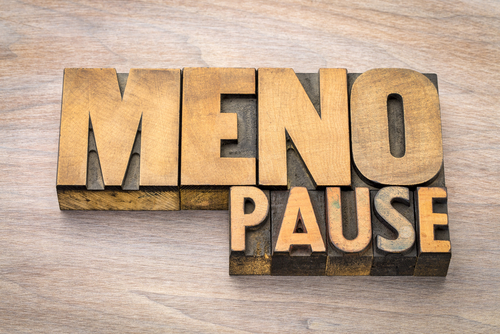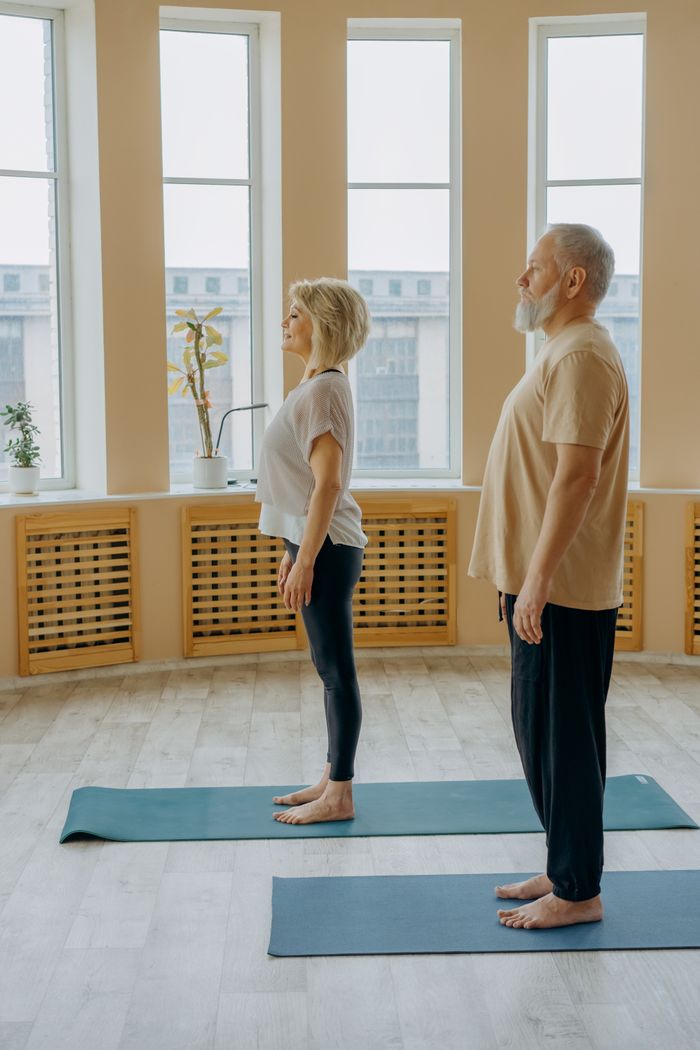

Want more health and science stories in your inbox? Subscribe to Salon's weekly newsletter The Vulgar Scientist.Įventually, I took matters into my own hands. I became confused, embarrassed, and ashamed about what was happening to my body and felt very alone. I couldn't turn to my mother for answers because she had passed away from cancer five years before my diagnosis.

Each new symptom brought on many other health concerns and treating them became my full-time job. Why didn't anyone tell me about my increased risk for early-onset Alzheimer's or the imminent metabolism meltdown? Menopause wreaked havoc on my physical and mental health, and the worst part was how unprepared I was for it.

Why aren't doctors and oncologists better preparing us, their patients, for what to expect in menopause? I think telling me to "take an over-the-counter Vitamin D supplement" to treat my fragile bones is inadequate. I'm not blaming them for my symptoms, only for the lack of education and warning. My oncologist, and my primary care doctor, failed to educate me about the significant health risks of entering into early menopause, such as the increased likelihood of osteoporosis, depression, stroke, heart disease, and early dementia, to name a few. I was woefully ill-prepared for the intensity of my symptoms, which include rapid mood swings, brain fog, insomnia, night sweats, and severe vaginal atrophy that wreaked havoc on my sex life. But now, twenty-five years later, I understand: hot flashes aren't funny! They wake me up every night, and I feel like I'm cooking from the inside out. Back then, I laughed at the absurdity of the situation.
#Menopause and insomnia help windows#
I remember her driving me to high school in the dead of a Vermont winter with all the windows down while complaining she was overheating. I knew I would no longer get my period (excellent!) and probably have a few hot flashes, as my mother did. Going into menopause sounded like an abstract concept meant for someone else-like trying to understand childbirth before entering labor. The consequences of sudden induced medical menopause weren't my primary concern. At the time, I felt grateful to be alive. When a life-saving hormone treatment hurtled me into premature induced menopause, I had no idea what to expect. While I appreciate the courage of these women for speaking out about a topic that has long been shrouded in secrecy-their openness and honesty is even more impressive, considering they work in the youth-obsessed entertainment industry-it's important to note that this natural biological process can also come with significant medical risks.ĭon't fear the hot flash: Menopause isn't a disease - but it is a health issue we need to talk about I watched as Drew Barrymore had her first perimenopausal hot flash on-air with Jennifer Aniston, and I listened intently to Maria Shriver talk about the correlation between anxiety and menopause. Having gone through premature induced menopause at thirty-seven years old due to hormonal treatments for breast cancer, I've been following these conversations closely. Too often, these orchestrated sit-downs become a jolly, we-got-this-girl bonding experience rather than a call for change within the healthcare industry, which is failing women who are going through menopause. Yet I can't help but notice that the current dialogue is falling short. Why aren't doctors and oncologists better preparing us, their patients, for what to expect in menopause?


 0 kommentar(er)
0 kommentar(er)
